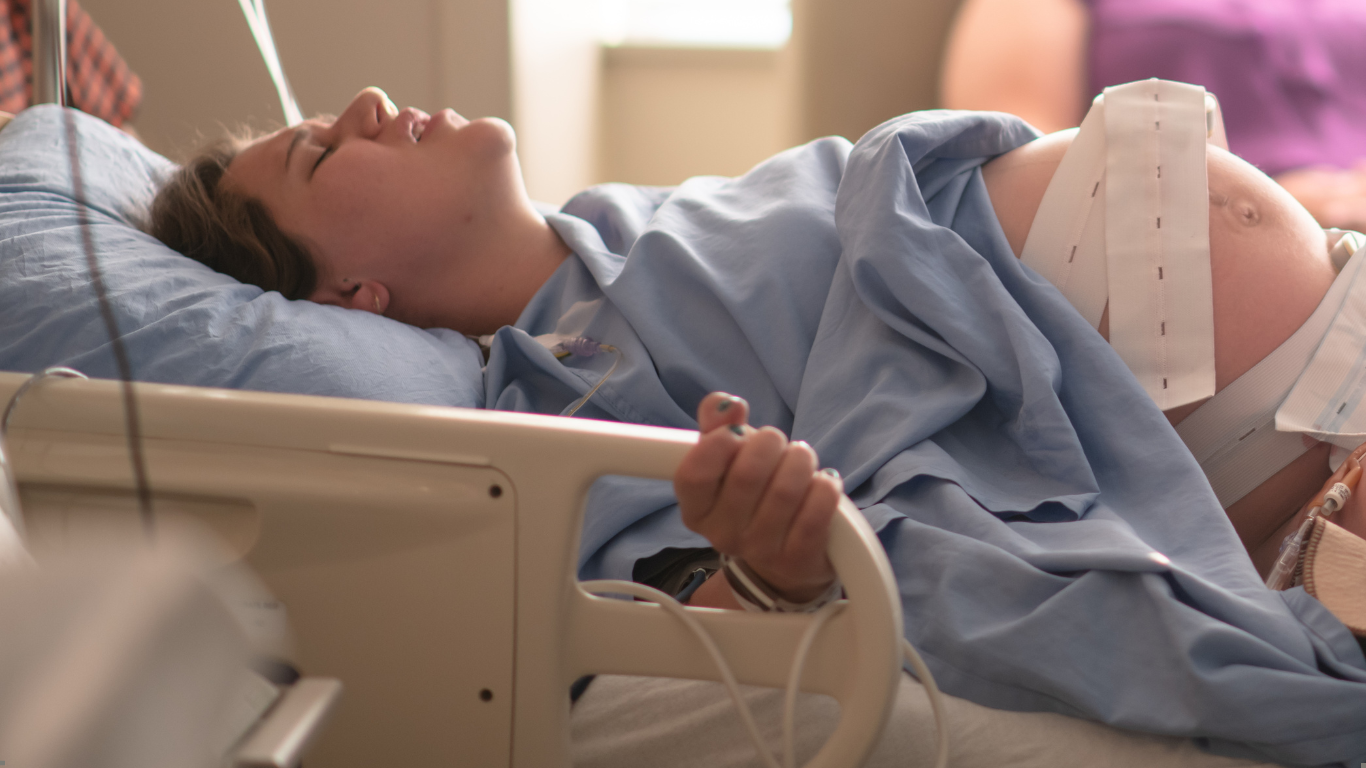How Are Birth Injuries Treated?
When your child suffers a birth injury, it is important to fully grasp what this means for their immediate and future health. Birth injuries can range from minor superficial bruises to severe conditions such as brain damage or spinal injuries caused by oxygen deprivation or physical trauma during labor and delivery. These injuries can appear as something as mild as a small bruise or as severe as a lifelong disability that affects your child’s development and quality of life. Early recognition of these symptoms is crucial because timely medical intervention can significantly influence the recovery process and long-term outcomes.
Immediate Medical Responses
Right after a birth injury is discovered, the immediate priority of the medical team is to stabilize your child. This critical first response involves conducting a variety of diagnostic tests to determine the extent of the injury. These may include blood work to detect infections, ultrasound examinations to check internal organs, and neurological assessments to evaluate brain function if a brain injury is suspected. Based on these assessments, treatments are intended to manage and mitigate any immediate health risks to your child. For instance, if your baby has sustained a fracture during the delivery process, they will need immediate pain management and stabilization of the affected area to prevent further injury. In more severe cases where life-threatening conditions are detected, urgent medical interventions such as surgical procedures or blood transfusions may be necessary for addressing critical issues. The aim is to stabilize the child’s condition as swiftly and safely as possible.
Ongoing Treatments and Therapies
Recovering from a birth injury typically involves more than just initial medical treatment; it often requires a comprehensive, long-term care plan. As your child grows, their developmental needs can change, requiring adjustments. Children suffering from nerve damage, for example, may require ongoing physical therapy sessions to enhance mobility and prevent muscle wasting. These sessions are designed to improve strength and coordination, which are essential for normal physical development. As children develop cognitively and socially, additional therapies such as occupational or speech therapy may become necessary. These therapies are critical for helping your child overcome challenges in communication and daily activities.
Role of Specialized Care
Effective management of a birth injury often requires a team of healthcare professionals. This team might include a variety of specialists, each focusing on different aspects of the injury. A pediatric neurologist, for example, might oversee the management of neurological issues, prescribing treatments like muscle relaxers or nerve block injections to alleviate symptoms of muscle stiffness and spasms. A pediatric orthopedist might address bone, joint, or muscle issues, working to either correct or manage physical problems that could impact the child’s ability to move and function normally.
Mental Health
The impact of a birth injury is not limited to physical health; it extends to emotional and psychological well-being, too. It’s crucial for families to have access to support that addresses these needs. Psychological counseling can provide your child and your family with strategies to manage the stress and frustration that often come with dealing with a long-term medical condition. Community resources and support groups offer a network of support from others who understand the challenges you face.
Long-Term Outlook
The future for a child with a birth injury can vary widely based on the type of injury and its severity. While some injuries may resolve with minimal intervention, others require sustained and intensive management. Treatment and rehabilitation therapies have improved outcomes for these children, enabling many to lead more active and fulfilled lives. For parents, staying engaged with the latest research and treatment options is crucial. Being proactive in seeking out the best therapies and resources available can make a significant difference in the trajectory of your child’s recovery and long-term health.
Limitations in Treatment for Certain Birth Injuries
Some birth injuries have limited treatment options, and their impacts can be long-lasting or permanent. Severe brain injuries like cerebral palsy resulting from oxygen deprivation during birth often have irreversible effects on motor skills and cognitive functions. While therapies can help manage symptoms and improve quality of life, they cannot cure the underlying condition. Similarly, extensive nerve damage such as severe cases of brachial plexus injuries may lead to permanent loss of function or paralysis in the affected limbs, despite surgical interventions and physical therapy. Genetic or congenital conditions, like certain forms of spinal muscular atrophy, also have no cure and treatments focus primarily on managing symptoms rather than reversing the condition. These scenarios show the harsh reality that, for some birth injuries, current medical treatments are more about adaptation and management rather than full recovery.
Baltimore Maryland Birth Injury Lawyers
A birth injury can be overwhelming, especially when you suspect that it could have been prevented. If you are in Maryland and believe that medical mistakes contributed to your child’s birth injury, it may be beneficial to discuss your situation with a birth injury lawyer. D’Amore Personal Injury Law, LLC birth injury lawyers can offer you guidance on whether you might have a case and discuss what legal options could be available to address medical expenses, ongoing care costs, and other damages related to the injury. For advice on your situation, Contact D’Amore Personal Injury Law, LLC by calling (410) 324-2000 or by connecting with us online to arrange a consultation.
FREE Case Consultation
Fill out the form below and we will contact you.
Or, give us a call at
410-324-2000

Understanding Medical Malpractice Settlements in Maryland
Understanding Medical Malpractice Settlements in Maryland Medical malpractice cases can be emotionally and financially devastating for victims and their families.

How Long Does It Take to Settle a Traumatic Brain Injury Case in Maryland?
How Long Does It Take to Settle a Traumatic Brain Injury Case in Maryland? Traumatic brain injuries (TBIs) can have

Understanding The Most Common Allegations in Medical Malpractice Claims
Understanding The Most Common Allegations in Medical Malpractice Claims Medical malpractice is a distressing reality for many patients and families
